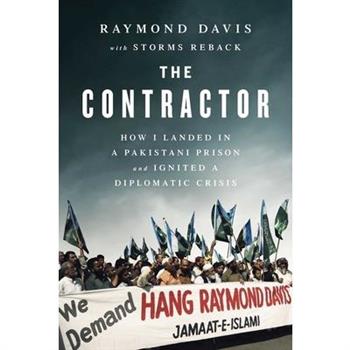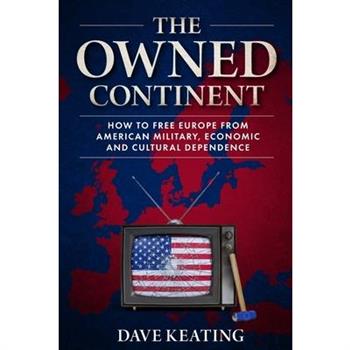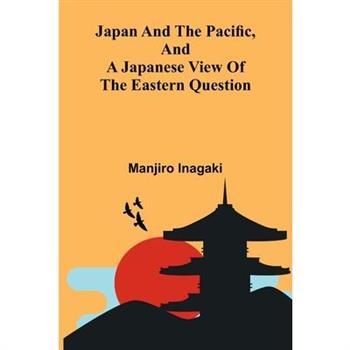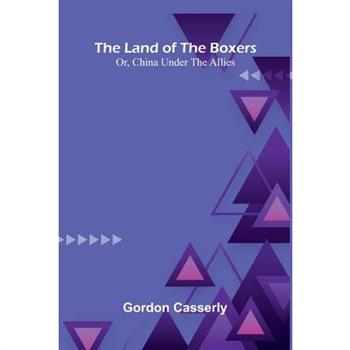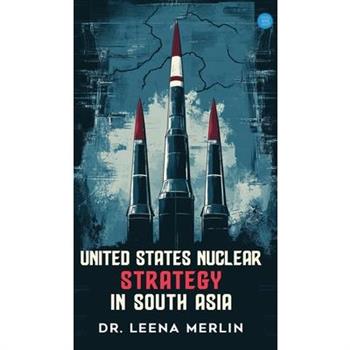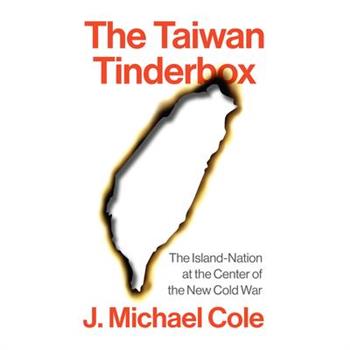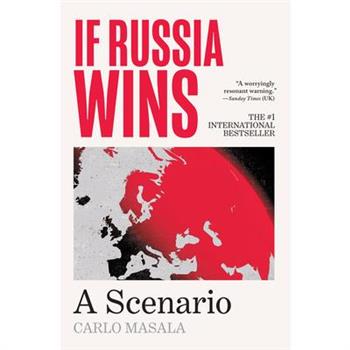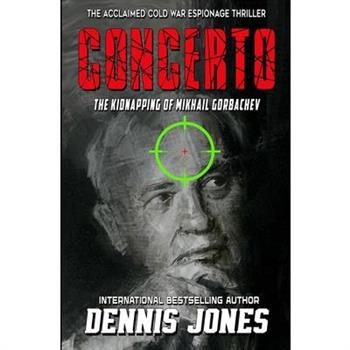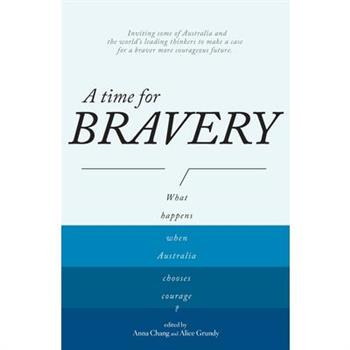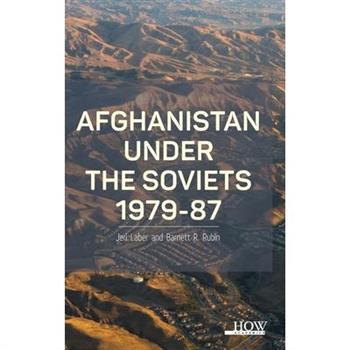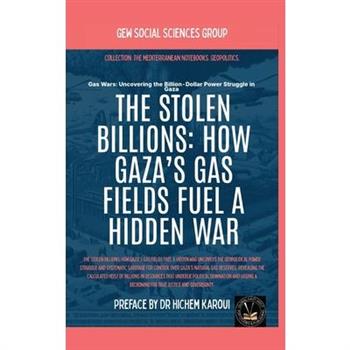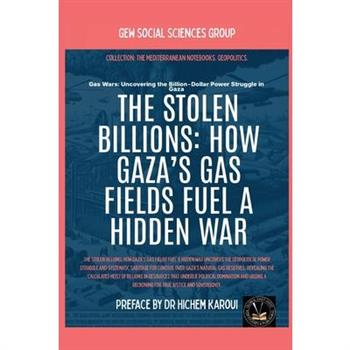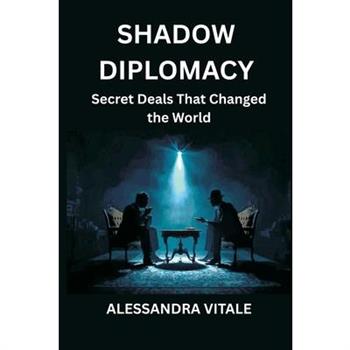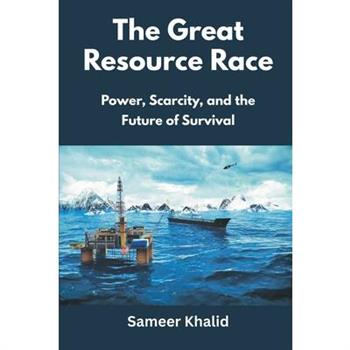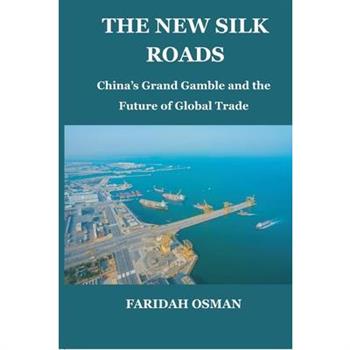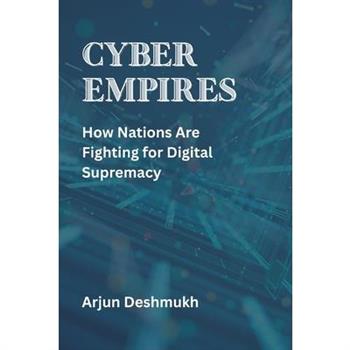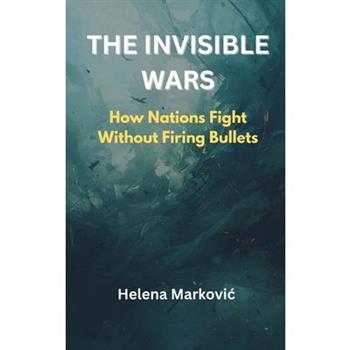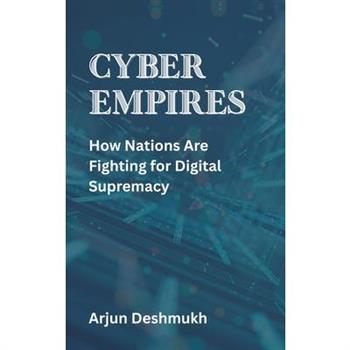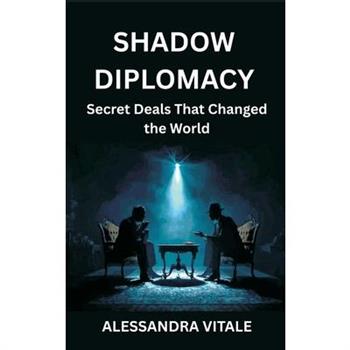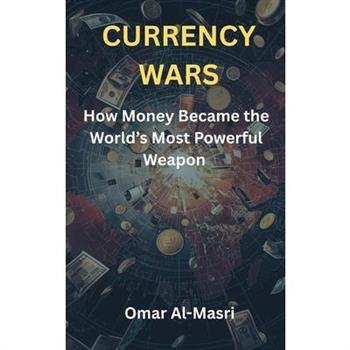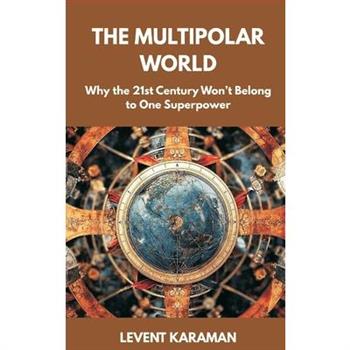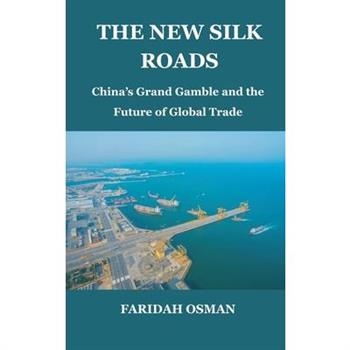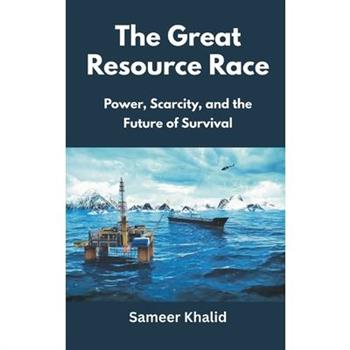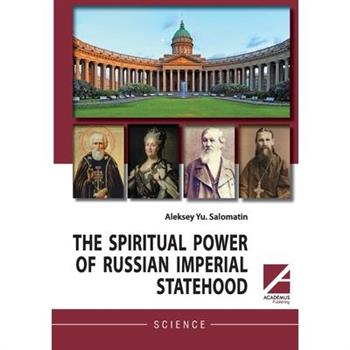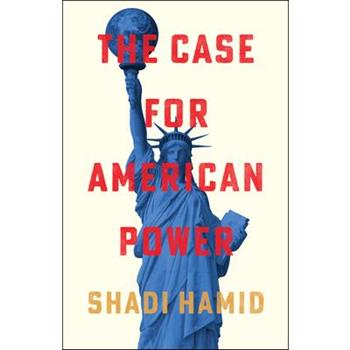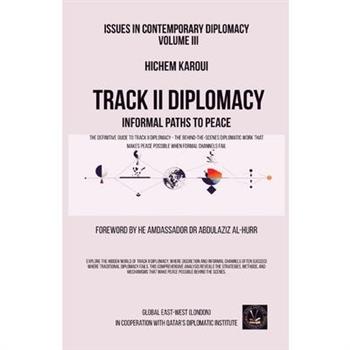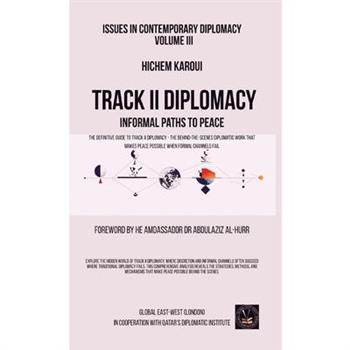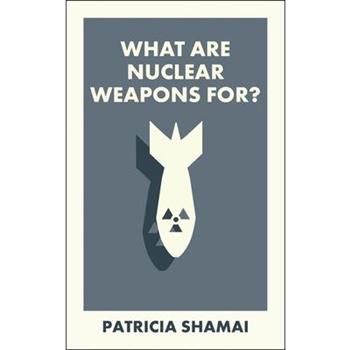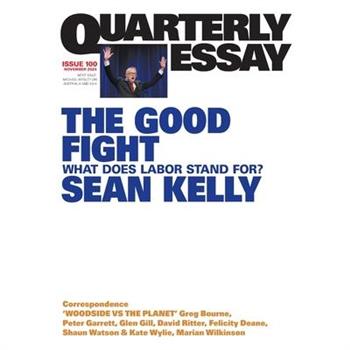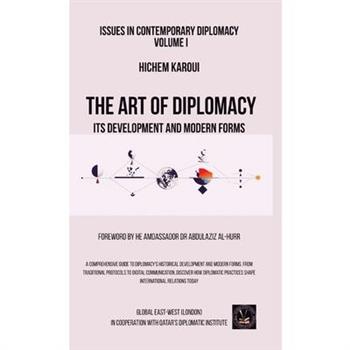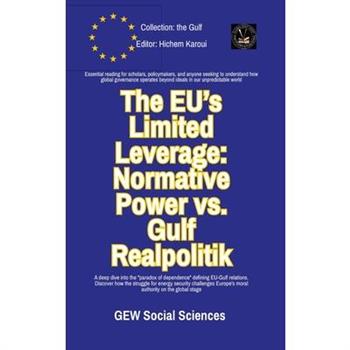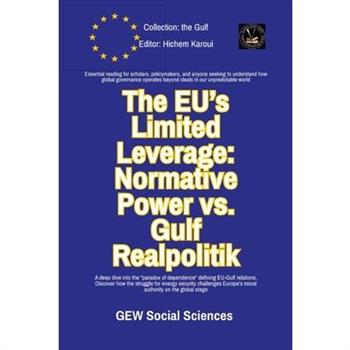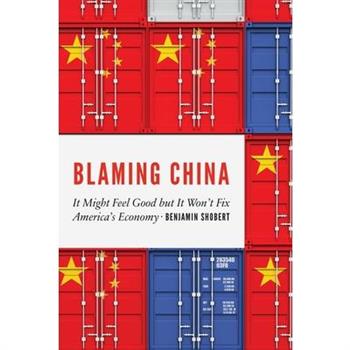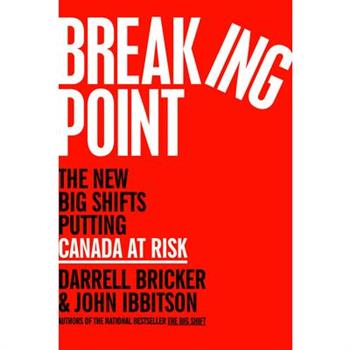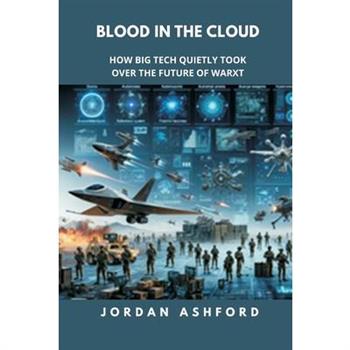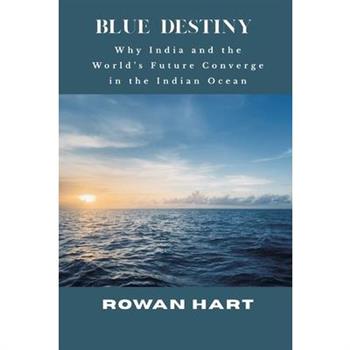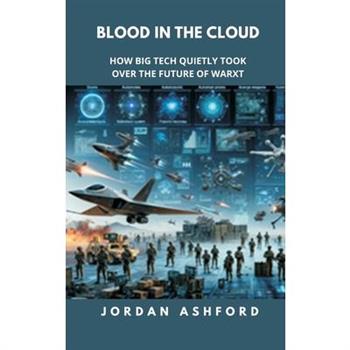The Taiwan Tinderbox
Russia's invasion of Ukraine in February 2022 shocked the world and overturned assumptions that large-scale conventional war was inconceivable in the twenty-first century. On the other side of the planet, democratic Taiwan faces the rising threat of a military takeover by China a conflict whose impact on the international community would be catastrophic. Renowned Taiwan expert and former intelligence officer J. Michael Cole explains how this Pacific nation has become a tinderbox that could ignite a full-scale global conflict. Drawing on unparalleled access to Taiwanese government sources and two decades of on-the-ground observation, he explores the root causes of the conflict between Taiwan and China - from the identity politics that make "peaceful unification" inconceivable, to the rise of Xi Jinping, the most powerful and authoritarian Chinese leader since Mao Zedong. With in-depth analysis of how the war in Europe is influencing preparations by Beijing, Taipei, and Washington for a potential cross-Strait confrontation, The Taiwan Tinderbox is an impassioned plea for the defense of Taiwan as a priority for the international community and the future of democracy.
Modern China
Very Short Introductions: Brilliant, Sharp, Inspiring China is a country of huge economic influence, with ambitions to alter the balance of power between East and West. At the same time, many of its citizens live in poverty, while others occupy futuristic cities with advanced surveillance systems. Modern China: A Very Short Introduction by Rana Mitter offers an integrated picture of Chinese society, culture, economics, politics, and art. The author addresses China's current international status, examining the country's growth in political and financial significance in the 21st century. Professor Mitter also investigates China's changing foreign policy, the events and legacy of COVID era on the country, and the remarkable growth in China's technological innovation and its implications for the world. Modern China: A Very Short Introduction is a study of both the growing influence of Xi Jinping and of the society and structures that have lead to this position. ABOUT THE SERIES: The Very Short Introductions series from Oxford University Press contains hundreds of titles in almost every subject area. These pocket-sized books are the perfect way to get ahead in a new subject quickly. Our expert authors combine facts, analysis, perspective, new ideas, and enthusiasm to make interesting and challenging topics highly readable.
The Great Heist
A definitive, headline-making expos矇 of how the Chinese Communist Party (CCP) has carried out the largest-scale theft of intellectual property, technology, and data in history--reshaping the global balance of power and redrawing the geopolitical map for decades to comeThe Great Heist exposes China's unprecedented state-orchestrated espionage campaign to strip the United States and its allies of their economic, technological, and military edge. Through a coordinated "whole-of-society" strategy, the Chinese Communist Party has dramatically expanded its covert operations to acquire America's most valuable innovations--stealing defense secrets and proprietary technology from companies like Boeing, Lockheed Martin, Google, T-Mobile, and Tesla. By exploiting both human and cyber vulnerabilities, China has quietly looted the crown jewels of Western technology, saving itself trillions in R&D costs since the 1990s--with an ongoing brazenness fueled by decades of Western inaction.Drawing on exclusive investigations and interviews with intelligence officers, corporate security teams, senior policymakers, and espionage victims, David R. Shedd and Andrew Badger reveal how industrial theft has fueled China's meteoric rise from Third World backwater to global superpower--and present a bold strategic playbook to turn the tide in the greatest economic contest of our time.
The Spiritual Power of Russian Imperial Statehood
The Case for American Power
A provocative case for why a better world is only possible with American power by Washington Post columnist Shadi Hamid. From acclaimed author Shadi Hamid comes an urgent and deeply personal argument for why American dominance, despite its many flaws, remains the world's best hope. Hamid traces his journey from opposing America's role in the world to reluctantly embracing it--while grappling with how recent events, from Russia's invasion of Ukraine to Israel's devastating war in Gaza, have challenged his convictions. Drawing on his unique perspective as both an American and a Muslim who came of age in the shadow of the September 11 attacks, Hamid contends with the contradictions of American power: how a nation founded on moral purpose so often fails to live up to its ideals. Hamid confronts head-on America's failures, from the war in Iraq to support for authoritarian regimes across the Middle East. Yet, he argues that in a world where power is a fact and someone must wield it, the alternative to American leadership isn't a morally perfect superpower--it's the brutal authoritarianism of countries like China and Russia. At once idealistic and pragmatic, this is a book about embracing our power as the only moral option in a world beset by tragedy. Because America is a democracy, it retains the potential to correct past mistakes and change for the better. That part is up to us. Bracing and timely, The Case for American Power is an ambitious work on what may be the most fundamental question facing America today: How should we think about the power we have--while we still have it?
What Are Nuclear Weapons For?
Peacekeepers, effective deterrent or potential cause of ultimate disaster? Understanding what nuclear weapons are for has never been more essential. This book traces the history of nuclear weapons from their first use in 1945 when they brought the Second World War to an end, through the Cold War when they gave rise to peace movements and disarmament efforts to the ominous nuclear landscape today. Shamai shows how nuclear weapons have, to date, been a deterrent by raising the stakes of war and thereby reducing the chances of certain kinds of conflict. But, she warns, this is not a permanent situation - its continuation depends on the world's reaction to this threat and ongoing vigilance.
Killing Machines
What causes a Western democratic leader to stop even feigning to value the law of war? Unlike past US presidents, who at least paid lip service to the law of armed conflict, Donald Trump has openly flouted it: pardoning war criminals; denigrating the Geneva Conventions; praising torture; and discarding military norms of restraint. This gripping account depicts how Trump has upended assumptions about America's outward commitment to the law of war, exposing the conditions that make such defiance possible. Drawing on in-depth case studies and original survey analysis, Thomas Gift explains how Trump has relied on right-wing media and allies in Congress to attack the law of war - not in the shadows, but in broad daylight. Killing Machines cautions that Trump's approach is not an aberration - it's a playbook other leaders could follow. This title is also available as Open Access on Cambridge Core.
Breaking Point
From the authors of The Big Shift and Empty Planet, a timely and provocative exploration of the seismic forces reshaping Canada's political, cultural, and economic landscape. Darrell Bricker and John Ibbitson's explosive new polemic, arrives in the midst of the greatest political crisis Canada has ever faced. The country stands at risk. Even before Donald Trump returned to the U.S. presidency, brandishing tariffs and threats of annexation, Canada had started to crack. Year after year of decisions deferred, problems ignored, and cans kicked carelessly down the road have created dangerous fissures. Stifling regulations drag down the economy. Younger people feel angry and alienated by dizzying housing prices and gig jobs. Regional tensions threaten unity in both Quebec and the Prairies. The immigration system is broken. And Canada stands alone, having failed to pay the cost of defending itself. Canadians elected a former bank governor to fix all this. But can the Liberals get us out of the mess they helped get us into? What future awaits the progressive and conservative coalitions? Will the Laurentian elites continue to misgovern, or are there alternatives? The country is at a breaking point. Canadians must act to save it before they lose it. Provocative, urgent, and unapologetically candid, Breaking Point will ignite debate, dominate political discourse, and become the definitive guide to understanding what is shaping up to be one of the most turbulent eras in Canadian history.




